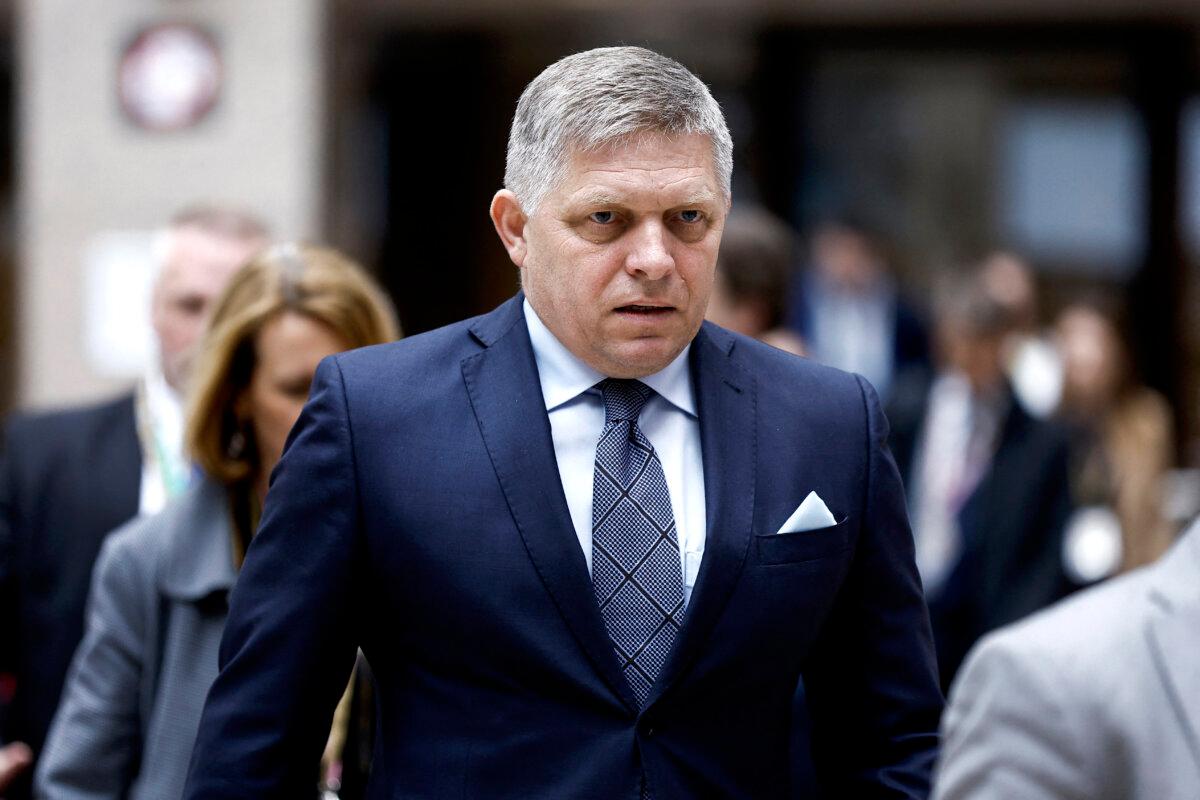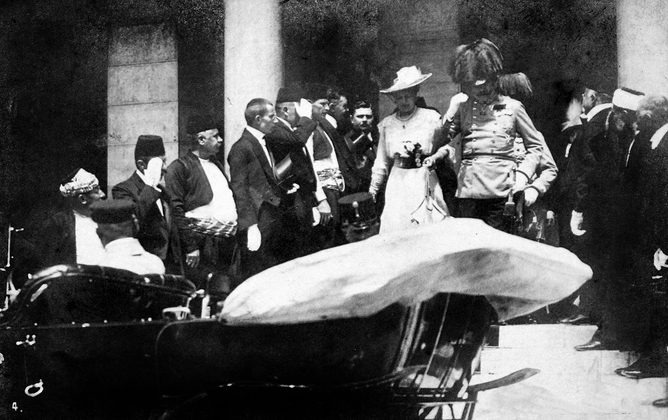Commentary
On June 28, 1914, Archduke Franz Ferdinand of Austria-Hungary was shot and killed in Sarajevo, Bosnia. The killer was motivated by politics: a Serbian nationalist done with the empires of old. In some ways, the ambition to disrupt achieved its aim. The murder set off a chain reaction of diplomatic failures, retaliations, military alliances, and the eventual full explosion of the Great War, the first total war in world history.
By total, we mean involving the whole of civilian society in most nations at once, not just soldiers but everything and everyone, which meant of course conscription of civilians and resulting mass death. The human toll is beyond comprehension: 9–15 million dead and 21 million wounded. Looking back more than 100 years later, it is apparent that this event ended the progress of civilization from hundreds of years earlier, shattering economic and political systems profoundly and turning back the clock on human rights.
What ended up worse than the war was the peace. The Versailles Treaty left so much unresolved in terms of territory and debts that events in Europe gradually unfolded into a second great war, and both ended up being rebranded, World War I and II, with awesome death and destruction all over the world from which we have yet fully to recover.
Those two calamities closed a chapter in the history of civilization. It’s so obvious when we look back now at the old world, with its magnificent architecture, music, explosive prosperity, and innovations. The palpable and near-universal optimism of the late-19th century turned into a grave darkness and sadness over the state of the world, and this came to be reflected in the art and philosophies of the 20th century, with the emergence of nihilism, pessimism, and overall aesthetic grimness as the dominant forms.
We’ve yet to recover fully from those two calamities, as well as the war and terrorism that followed.

Fico called the treaty a pharma-backed racket and had previously denounced the major pharmaceutical companies for manufacturing dangerous products and imposing them on the world population. He said that he values his nation’s democracy and wants his own country to be in control of its health decisions.
The pandemic response that swept the whole world into lockdown, following a single model that strangely dominated all governments, media, science, and technology, with dissenters silenced and disenfranchised, really amounted to martial-law conditions across all nations. That was followed by an experiment in mass injection that knew no precedent: an untested technology forced on the whole world as media and the expert class cheered.
As it unfolded, many of us had this profound concern. What precisely is the violent approach to dealing with infectious disease teaching the world’s population? That might makes right? That the path to health is through violent intervention in voluntary choices? My own feeling was that this is precisely the message the whole disaster would send, provided there was not some wholesale repudiation of the scheme.
This is a major problem. It sends a message to the whole world: you can get your way with the lives of others through violent means. This is the theory of governing and social action that is being valorized all over the world today. It is resulting in terrible things in all lands, from Ukraine to the United States to Israel and Gaza and now to Eastern Europe with actual political assassinations. People can argue forever about which party is the perpetrator and the victim but the bigger picture here is the exaltation of violence in general as a path for getting one’s way.
This was the major message of the pandemic response in nearly all countries.
The complete rejection of Western traditions of liberty and law sends a clear message that these values are no longer held in high regard. The current state of affairs resembles scenes from dystopian movies and shows like “V for Vendetta,” “The Hunger Games,” and “Game of Thrones.” This shift in reality brings to mind Frédéric Bastiat’s powerful essay “The Law,” which warns against using law and violence for purposes beyond their intended scope. Bastiat’s insights on the misuse of law to violate rights and enable plunder ring true in today’s tumultuous times. His call for the protection of individual rights and limitation of government intervention serves as a stark reminder of the basic tenets of civilized society. As governments worldwide stray from these principles, resorting to violence and overreach in various aspects of governance, the path to chaos becomes increasingly clear. The recent attempt on Fico’s life serves as a grim reminder of the consequences of escalating violence. It is imperative for all nations and political factions to step back from such destructive methods before it is too late. Please rewrite the following sentence:
“The cat chased the mouse around the house.”
Rewritten: The mouse was chased around the house by the cat.
Source link








